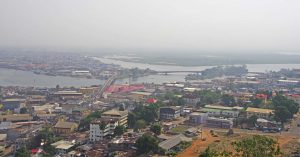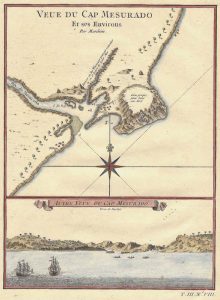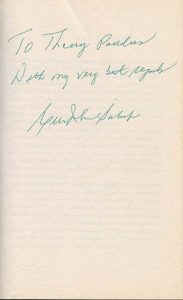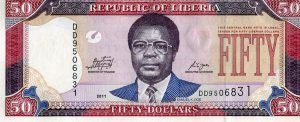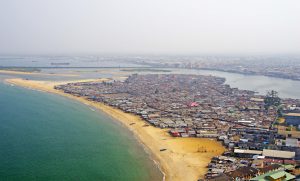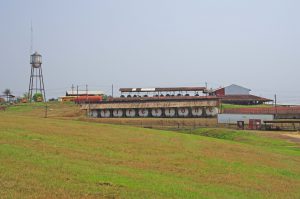Liberia, a colony created in 1822 by an American philanthropic society with the objective of welcoming freed slaves and spreading Christianity on the African continent, became a state in the full sense of the term in 1847. The settlers, after having been confronted to great difficulty, established a system that was iniquitous towards the natives to the point of being accused of practicing slavery and forced labor. The country had to resolve to host an international fact-finding mission under the aegis of the League of Nations in 1930. The arrival of American forces as a result of World War II allowed Liberia to surpass this disastrous episode. The post-war period brought stability and growth, but in a regime that remained autocratic and without redistribution. In 1980, a coup led by Sergeant Doe overthrew the government of the descendants of the settlers. The new power, although supported by the United States, drifted towards despotism and ethnic management of affairs. In 1989, a second coup, led by Charles Taylor, sought to overthrow Doe. The terrible civil wars which ensued brought neighboring Sierra Leone into turmoil. The violence and cruelty of the fighting stunned the Western media. In 2003, when a precarious peace could finally be established by the United Nations, the state and the country were to be rebuilt.
After a successful democratic transition and the start of economic recovery under Ms. Sirleaf’s two presidential terms, Liberia experienced another dramatic episode with the devastating Ebola epidemic in 2017. Former footballer George Weah won the presidential elections at the end of that same year and took office in January 2018.
By combining historiography, sociology and development economics, this book seeks to determine what were the springs of this tragic trajectory. It refers to the contexts and themes in which this unique history is inscribed: pre-colonial Africa, the Atlantic slave trade, colonization and colonialism, forced labor and domestic slavery, secret forest societies, Marcus Garvey and the “Back to Africa” movement, Pan-Africanism, “failed states” and their reconstruction … The book attempts to identify a common thread within a set of presentations and interpretations that are sometimes contradictory or antagonistic: Liberia’s singular history has given rise to veritable wars of storytelling.
This book fills a gap in the bibliography in French where no history book appeared on this country with an exceptional past but largely unknown in the French-speaking world.
Liberia
A singular story.
Thierry Paulais
Cavalier bleu, publisher in Paris
300 pages
2018
